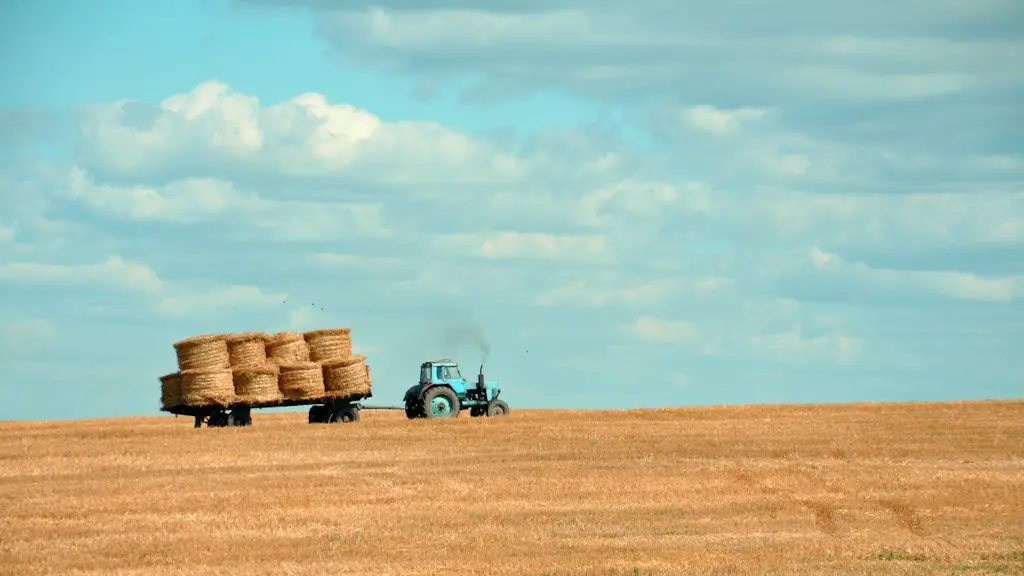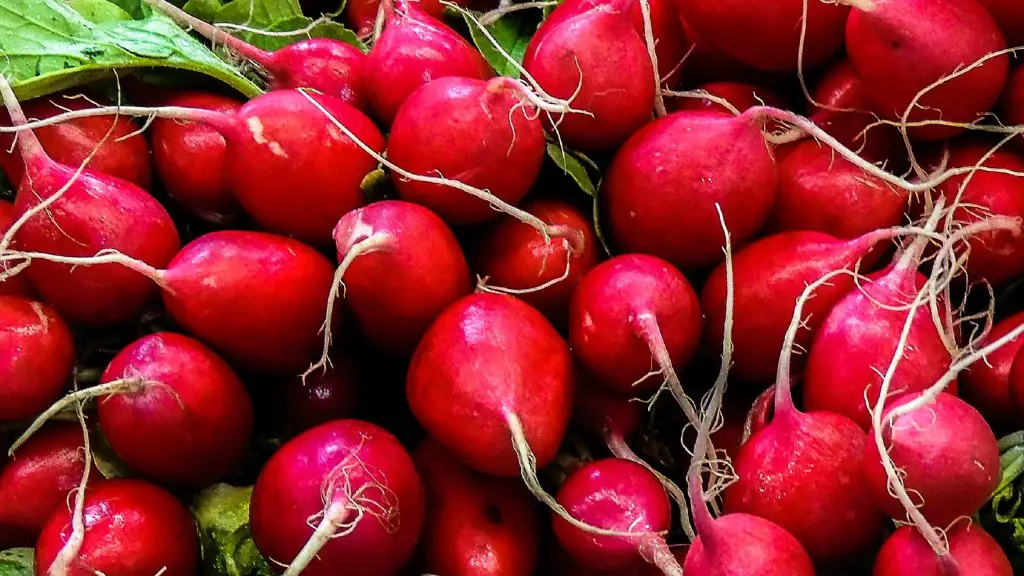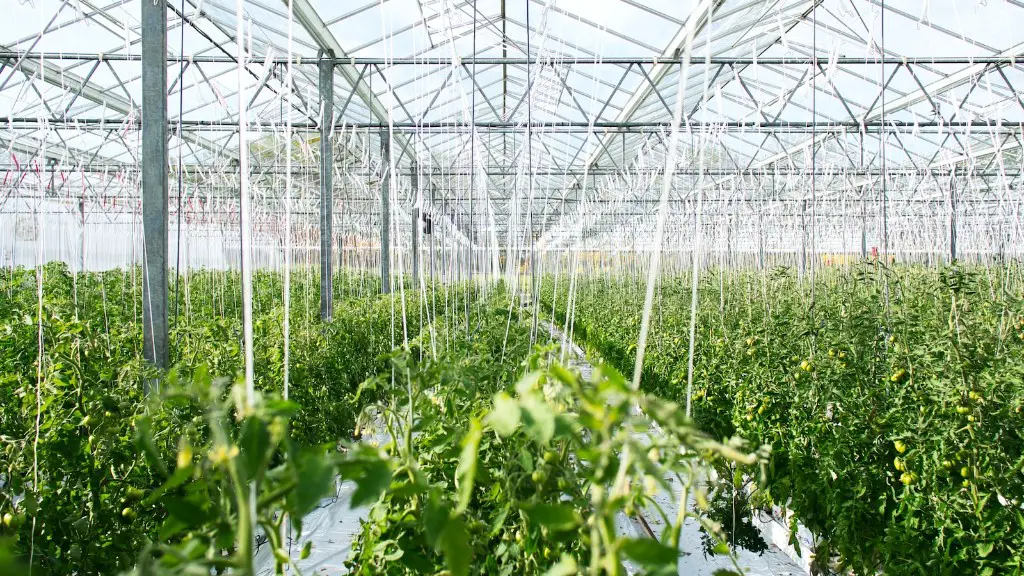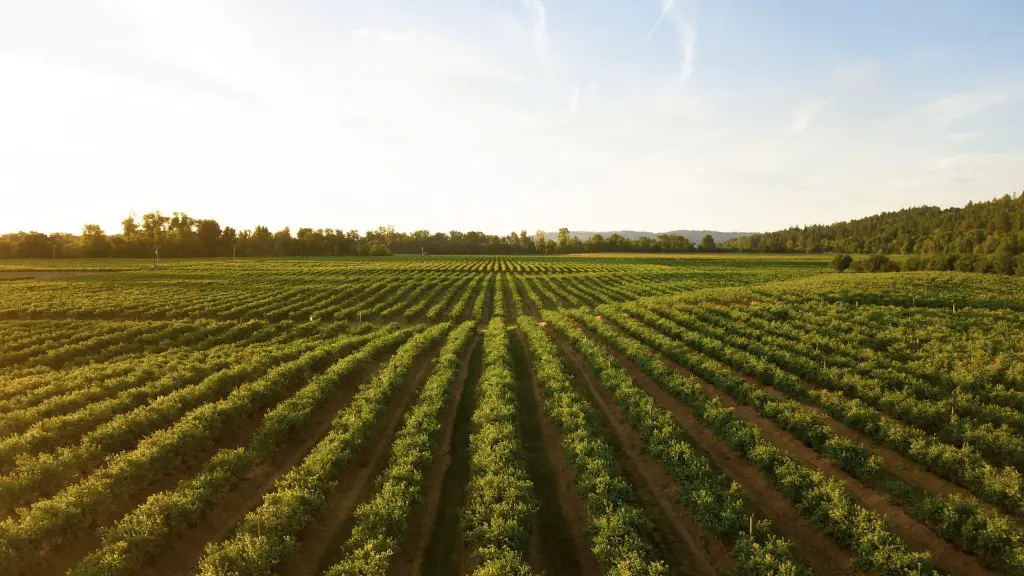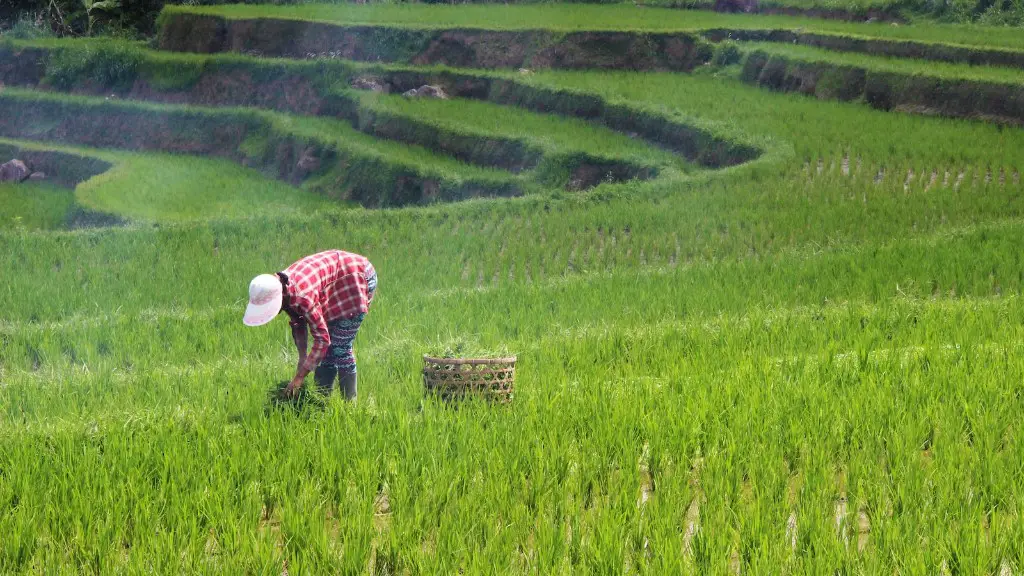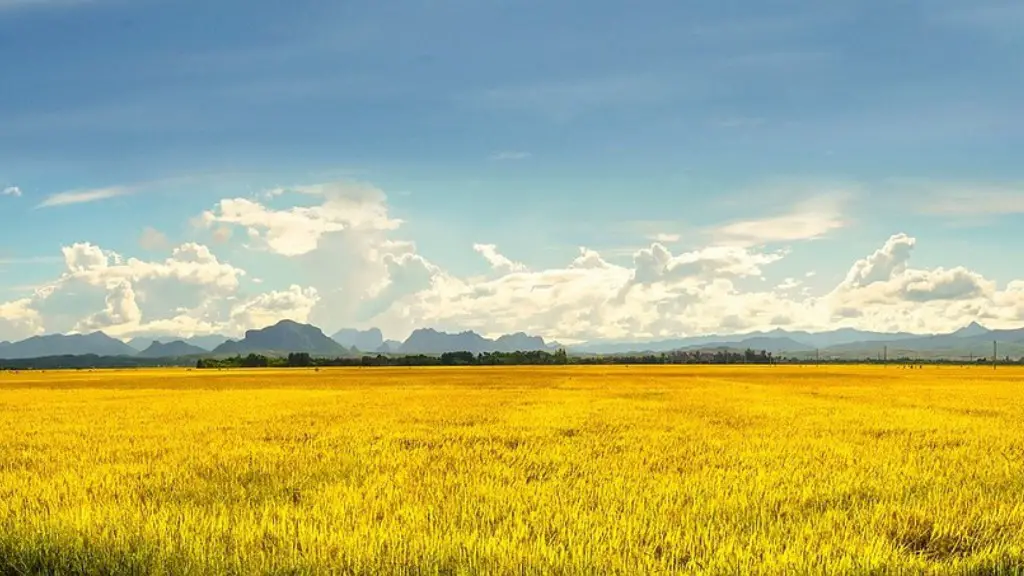In order to pass agriculture, it is important to first understand the basics of the subject. Agriculture is the science and art of cultivating plants and animals for food, fiber, biofuel, and other products used to sustain and enhance human life. Students should focus on learning the different aspects of agriculture, including agronomy, crop production, animal science, soil science, and horticulture. With a strong foundation in these areas, students will be able to successfully pass agriculture.
There is no one-size-fits-all answer to this question, as the best way to pass agriculture may vary depending on the specific course and instructor. However, some tips to help you pass agriculture may include studying hard, paying attention in class, and participating in class discussions. Additionally, it may be helpful to form a study group with other students in the class.
How do I get into agriculture?
A bachelor’s degree in agriculture is typically not required to be a farmer, although it may be beneficial. Many high schools offer basic courses in farming and animal husbandry, and the United States Department of Agriculture (USDA) runs courses intended to help farmers learn the trade. Having a degree in agriculture may give farmers an edge when it comes to marketing their products, as they will have a better understanding of the science behind food production. However, many successful farmers have only a high school diploma.
If you’re wondering if agriculture is a good major to pursue, the answer is yes! While you don’t need a degree in agriculture for many jobs in the field, it can give you a better position and open up other opportunities.
What is the best major in agriculture
There is a growing demand for graduates with degrees in agriculture and related fields, as the world population continues to grow and the need for food security becomes more pressing. The best agricultural degrees at the baccalaureate level can be found in programs that focus on agroecology, food systems, environmental sciences/studies, biological sciences, international development, animal science, nutrition & food sciences, and dietetics, nutrition, and food sciences, among others. These programs will prepare students for careers in the food and agriculture industry, in government and non-profit organizations, and in research and academia.
Agriculture courses are highly interdisciplinary, requiring students to have a good grasp of both natural sciences and social sciences. Areas such as biology, environmental sciences, chemistry, economics and business and management are all important for students of agriculture.
Is it hard to be agriculture?
Agriculture is a very scientific and well-difficult course. Nobody appreciates the course like we do. Our subjects are not simply one plus one. We have so many laboratory subjects and hands on practicums.
No, BSc Agriculture is not a tough course. It is a course that requires hard work and dedication, but it is not a difficult course. There are many resources available to help students succeed in this program, and the staff is always willing to help.
Is studying agriculture easy?
No, it isn’t hard. It is simply a matter of understanding what is required and then taking the necessary steps to complete the task. If you find yourself struggling, simply ask for help or reach out to a friend or family member who can assist you.
No, BSc Agriculture is not easy. You will experience difficulties during your study, but if you are truly interested in agriculture, it is not impossible. There are several job options available to you after completing a BSc in agriculture, so it is worth pursuing if you are truly passionate about the subject.
What’s the highest paying job in agriculture
There are many high-paying jobs in agriculture, but some of the most common are agricultural engineers, agronomists, agricultural food scientists, veterinarians, winemakers, and farm managers. Agricultural sales representatives are also often very well-paid.
Agriculture is a field where there is a lot of scope for youngsters. It offers many job opportunities and is a very versatile field. The best thing is that these agriculture jobs not only provide a good salary but many other benefits to the employees.
How much do agriculture jobs make?
The average agriculture salary in South Africa is quite high, at R 582 690 per year. Entry-level positions still pay quite well, at R 318 000 per year, while experienced workers can make up to R 5 382 000 per year. This makes agriculture a great option for those looking for a well-paying career.
The best agriculture jobs can pay up to $100,000 per year. This is a great career choice for those who are interested in science and engineering and want to work with soil, plants, and irrigation systems. You could also work as a livestock veterinarian in this industry.
Is there Math in agriculture
Farmers use mathematical skills and science in their day-to-day farm activities. For example, farmers use mathematical skills to estimate the seed amount needed, the cost to plant their crop based on the area of cultivable land they possess, to purchase equipment or tools needed and make payments for various purchases. By using mathematics, farmers can ensure that their farm activities are carried out efficiently and accurately. In addition, science also helps farmers to understand the impact of certain farming practices on the environment, and how to implement sustainable methods that will protect the land for future generations.
Although math is not a compulsory subject for BSc Agriculture, biology is a mandatory subject. This is because biology is essential in understanding the agricultural process and how to optimize crop growth. In addition, math is useful in analyzing agricultural data and designing agricultural experiments.
How long does it take to study agriculture?
The Diploma in Agriculture programme is a three-year qualification that is designed to provide students with the skills and knowledge necessary to pursue a career in agriculture. The programme covers a wide range of topics, including animal husbandry, crop production, soil science, and agricultural mechanics.
Setting the table to address the triple challenge means creating a plan that includes goals and objectives for each challenge, as well as a timeline and measures for success. For example, a goal to increase food production by 20 percent over the next 10 years would include measures such as expanding acreage under cultivation, improving irrigation, and developing new strains of crops. Similarly, a goal to provide a livelihood for farmers would include measures such as access to credit, training in modern farming techniques, and market linkages. Protecting the environment would require measures such as reforestation, soil conservation, and water management.
The key to success will be implementation. This will require coordination and cooperation among different government agencies, the private sector, and civil society. It will also require significant financial resources. But if we are to meet the challenge of feeding a growing population while protecting the environment, there is no other option.
Final Words
There is no one answer to the question of how to pass agriculture, as the best way to approach the subject will vary depending on the individual student’s needs and abilities. However, some tips on how to study for and pass agriculture exams may include reviewing lecture notes and agricultural textbooks, practicing problem solving, and looking for online resources that offer Agriculture exam help.
There is no one-size-fits-all answer to the question of how to pass agriculture, as the best way to go about it will vary depending on the individual and the specific situation. However, some tips on how to pass agriculture may include studying hard, being smart about which crops to grow and taking care of the land.
